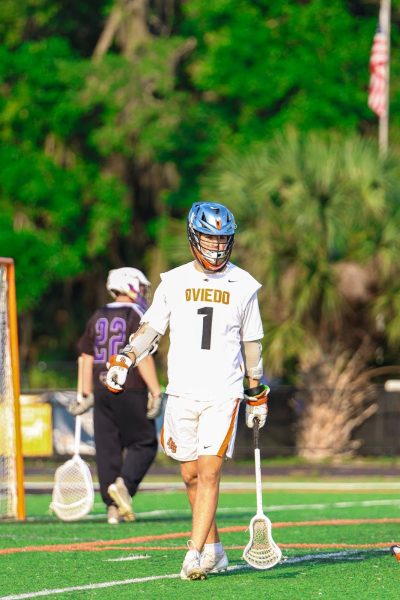Change in homecoming royalty allows for inclusion
WEB EXCLUSIVE
The words ‘king’ and ‘queen’ are often associated with any type of prom or homecoming court. However, this homecoming, gendered words will be absent from Oviedo’s court.
Rather than homecoming king and queen, students with the most votes can choose their title: king, queen, or royalty. They will also be given the choice to wear a crown, tiara, or neither.
Seminole County changed this for schools across the county, in hopes of creating a more inclusive environment.
“In order to make all of our students feel more welcomed within homecoming, the idea came up amongst the student government advisors after talking to different students,” said SGA advisor Heather Delong.
The county intended to promote inclusivity by removing gendered words such as ‘king’ and ‘queen’ from the homecoming court.
“One of the things we decided would hopefully increase inclusion of everyone would be to have less of an emphasis on the words ‘king’ and ‘queen,’ and a little bit more emphasis on royalty,” said Delong.
After the homecoming court is announced, Delong gives the students a sheet to fill out all their information, which now includes which royalty title they prefer, and pronouns.
“On that same paper they’re now going to have the opportunity to write down whether they’d be king, queen, or royalty. Then if they’d like a crown tiara, or neither,” said Delong. “That way we can respect their pronouns that they’d like to be referred to as.”
This idea of a non-gendered homecoming court was brought up at a monthly Student Government Association (SGA) meeting, by SGA secretary Riley Finnegan. Finnegan was inspired by Hagerty’s Gay Straight Alliance (GSA), who implemented a non-gendered court as well.
“I got the idea from the SGA treasurer at Hagerty, we had a monthly meeting and she presented it to the meeting,” said Finnegan. “I got to talk to her about the details, and we just talked through the logistics of it”.
After receiving approval, Finnegan brought the idea to Oviedo’s Gay Straight Alliance (GSA) club to gather ideas from those in the LGBTQ+ community.
“We presented the idea to [GSA]; took questions, suggestions, and concerns,” said Finnegan. “So SGA meeting with GSA factored into our decision into making it a part of homecoming court.”
Ultimately, the inspiration behind this change was to bring inclusivity to Oviedo.
“As we progress as a society, especially in Oviedo, we want to become more inclusive so that everyone feels more welcome,” said Finnegan. “There’s not just binary, straight people that go to Oviedo, there are all types of people that go to Oviedo.”
Although huge changes are yet to be made, all change starts somewhere according to Finnegan.
“It’s something that’s not a huge monotonous increase in inclusivity, it’s a little thing,” said Finnegan. “But you know, all progress starts with something.”
However, with all progress comes those who resist said progress. Some students, such as senior Nolan Bennett, feel that the switch from homecoming king and queen to royalty is unnecessary.
“I think it’s kind of unnecessary considering that there’s never been a problem before,” said Bennett. “It kind of ruins tradition for those who want to live a traditional life.”
Due to this, among other reasons, Bennett and his girlfriend will no longer attend Oviedo’s homecoming.
“I think it’s a little ridiculous, and it’s not going to help me want to go [to homecoming] at all,” said Bennett.
Despite the inevitable hesitation towards change and acceptance from some, both Finnegan and Delong expressed that SGA’s efforts to include everyone will not negatively impact anyone else.
“To anyone who does have a problem with it, I’m very straightforward with it: it really does not impact you that much if you don’t let it,” said Finnegan.
Similarly, creating an inclusive homecoming experience for LGBTQ+ students will not take away from the experience of those outside of the community.
“It’s not going to take away from your relationship with your spouse, it’s just opening the idea to people that have same sex relationships and try to include them, so they can feel that they’re having a good time at Oviedo just like you are with your boyfriend or girlfriend,” said Finnegan.
Similarly, Delong expresses that a few people’s resistance to change will not impact her mission of inclusion.
“In my personal life, and in my school life, I’m not going to let one negative person, or one person who doesn’t see everybody as equal, stop my personal mission or a mission around campus,” said Delong. “If you’re not willing to accept acceptance, then I guess that’s your bad, and you’ve got some stuff to overcome.”
Regardless, with all change comes obstacles.
“With any change, there’s going to be some obstacles to overcome, but you have to open your mind and possibly your heart to those changes,” said Delong
Your donation will support the student journalists of Oviedo High School. Your contribution will allow us to purchase equipment and cover our annual website hosting and printing costs. Thank you!

![Prom king Colin Napier and queen Leah Hopkins dance the night away during the Golden Gala on April 26th. Prior to the prom, the Student Government must make many preparations over the course of months in order to ensure it goes off without a hitch. However, their work eventually pays off when it comes time for the dance. “We set up [the prom] the day before, and it’s horrible. We’re there for a very long time, and then we get our beauty sleep, and then we get ready for prom the next day,” Aubrie Sandifer said.](https://oviedojournalism.com/wp-content/uploads/2025/05/Oviedo-197-800x1200.jpg)
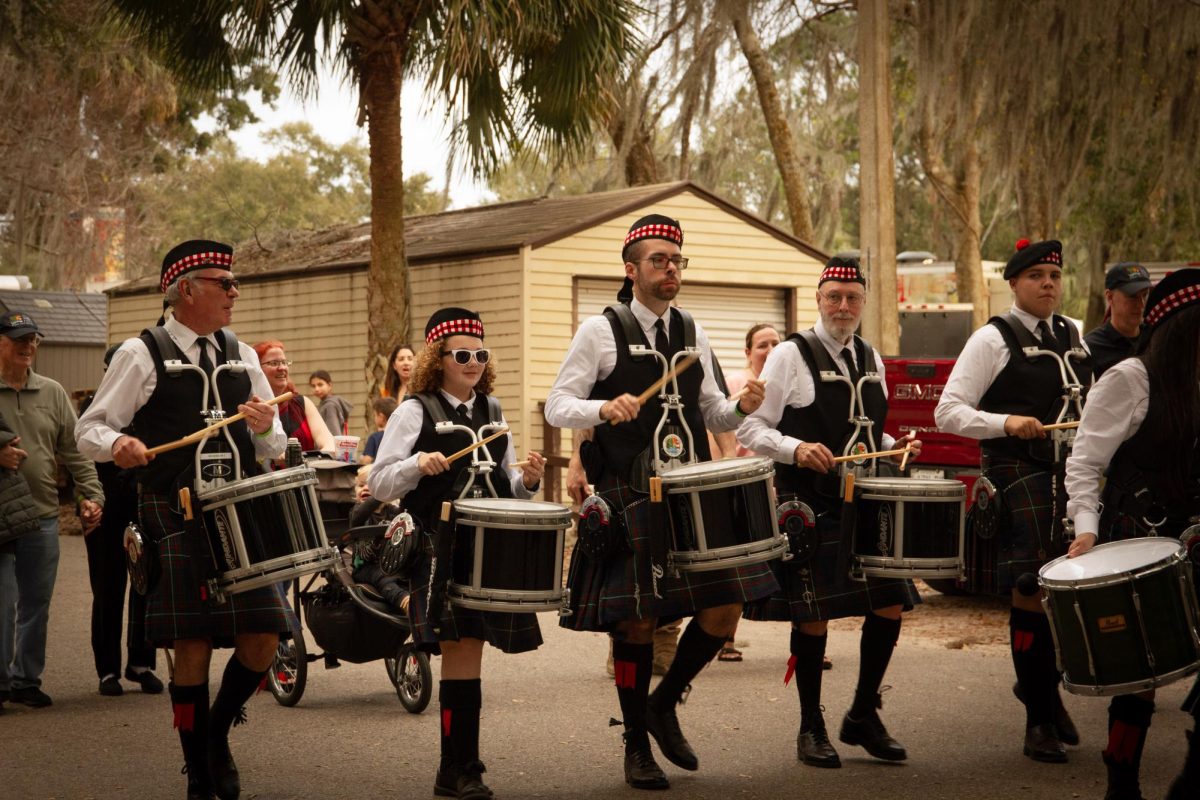
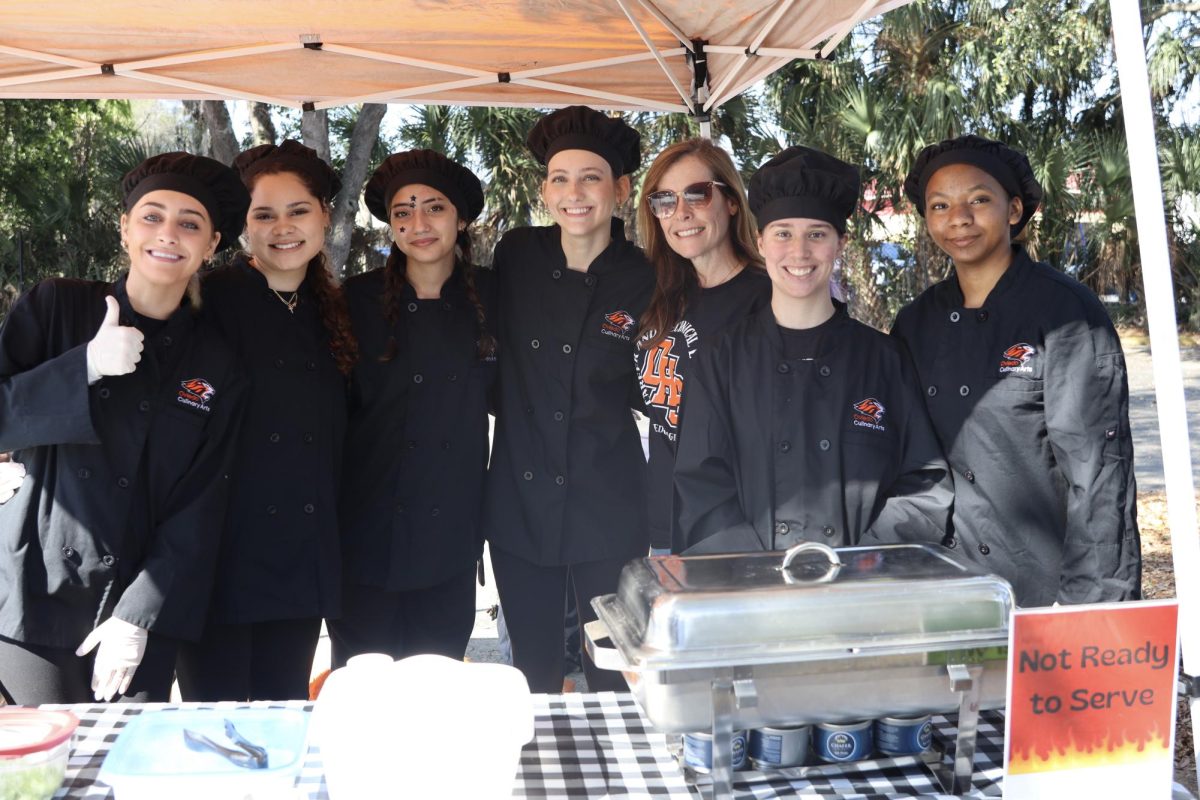
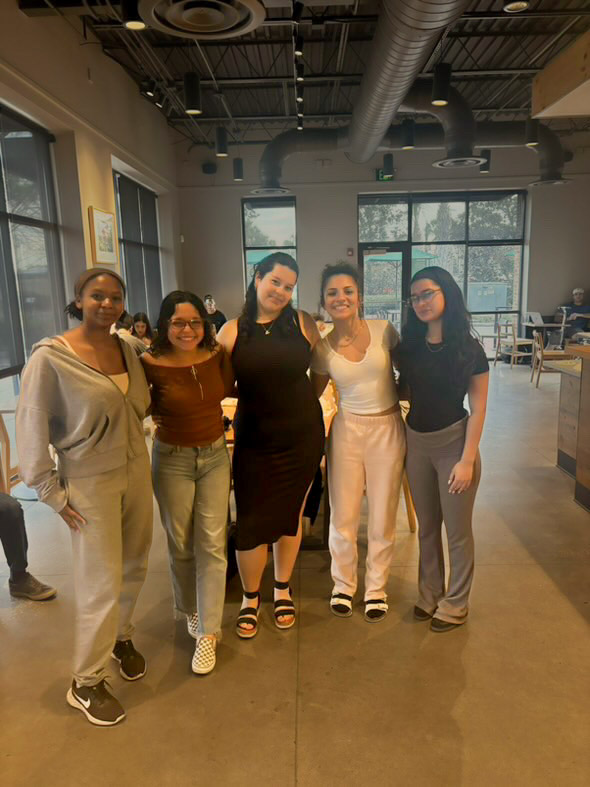

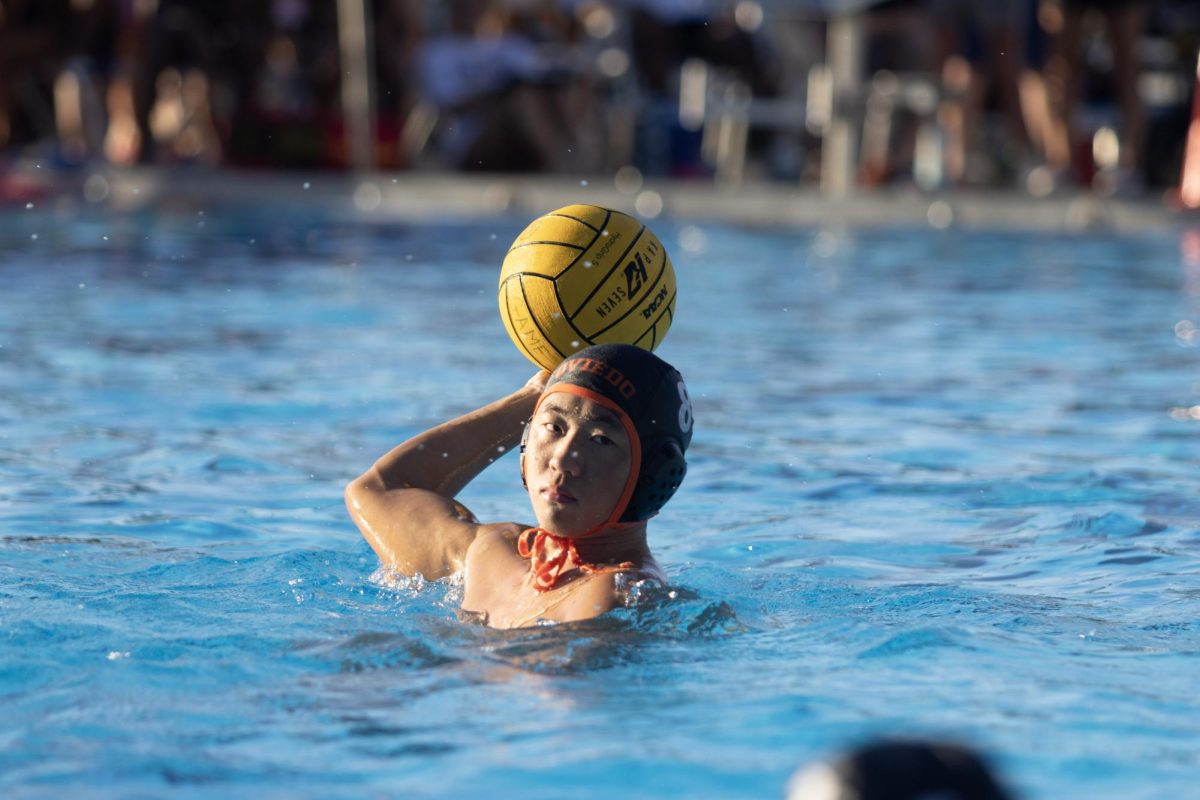

![Hopkins at Honor Grad with golf coach John McKernan. As Hopkins’ golf coach for the last two years he has seen Hopkins’ growth as a player and person along with their contributions to the team. “[Hopkins] has just been really helpful since I took [the golf team] over, just anything I wanted to do I ran by [Hopkins],” said McKernan.](https://oviedojournalism.com/wp-content/uploads/2025/05/B66A7760-800x1200.jpg)
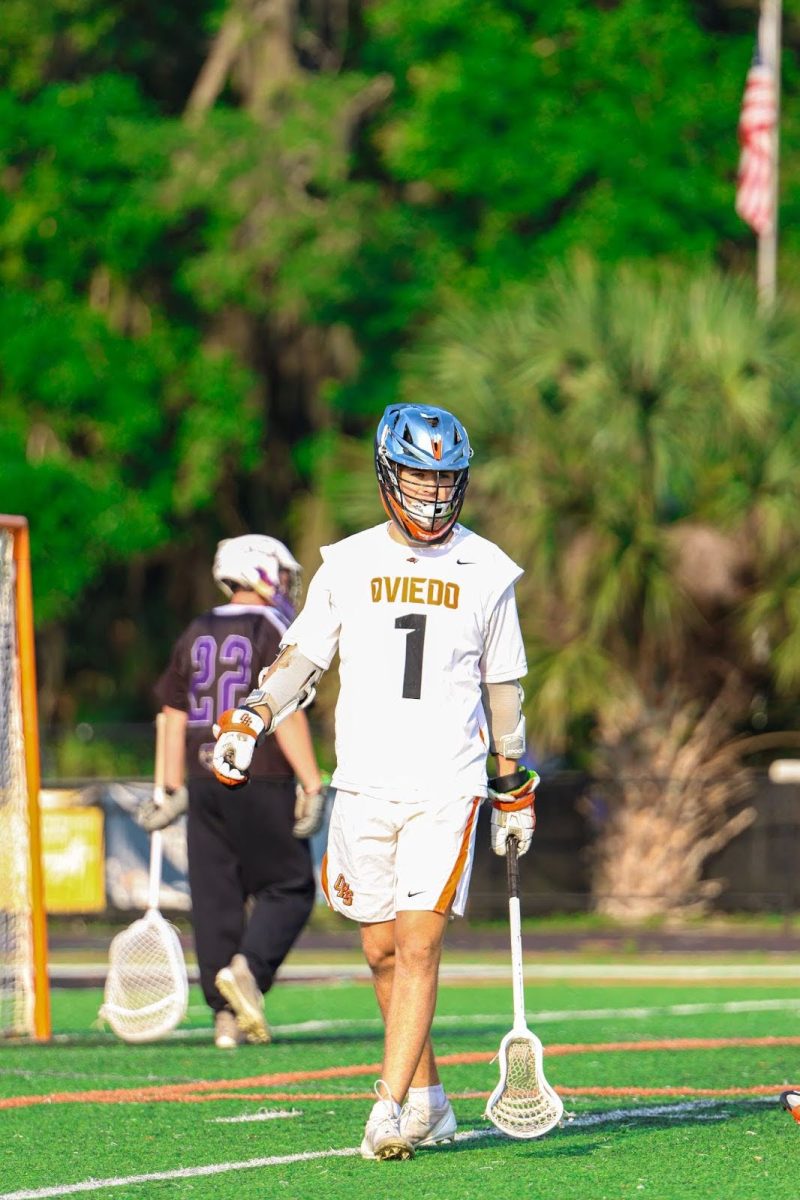
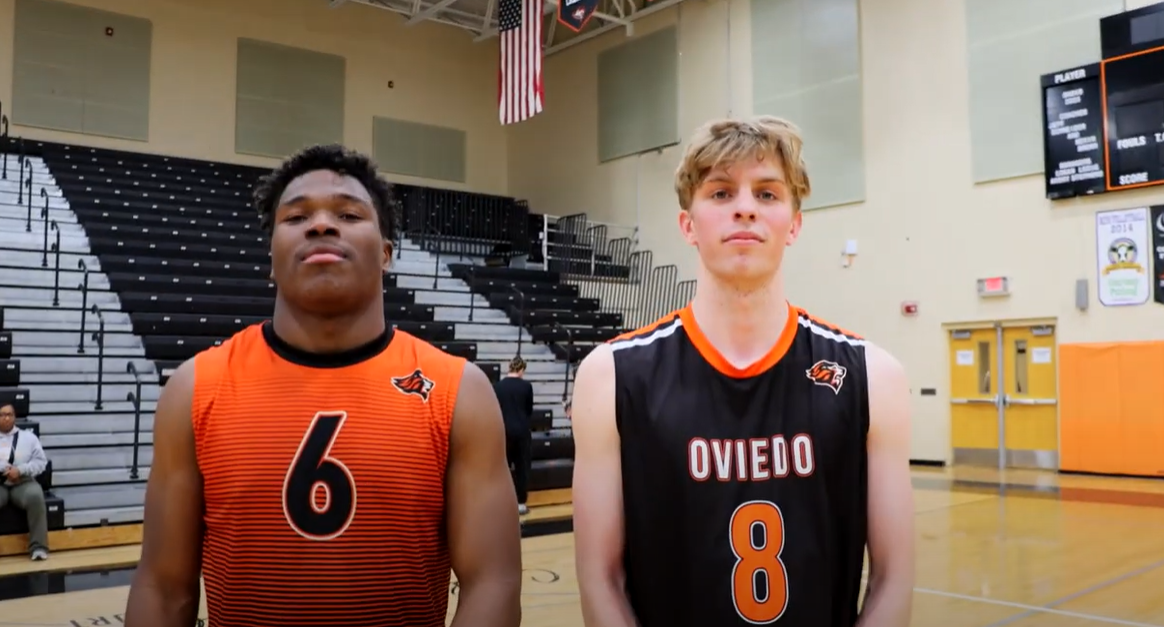
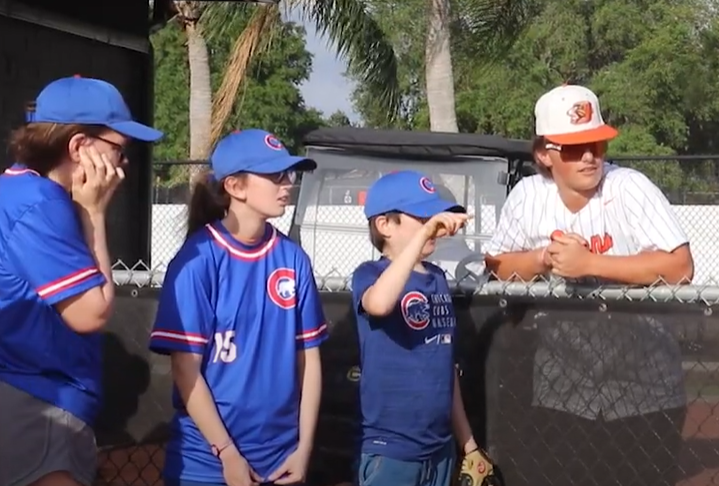
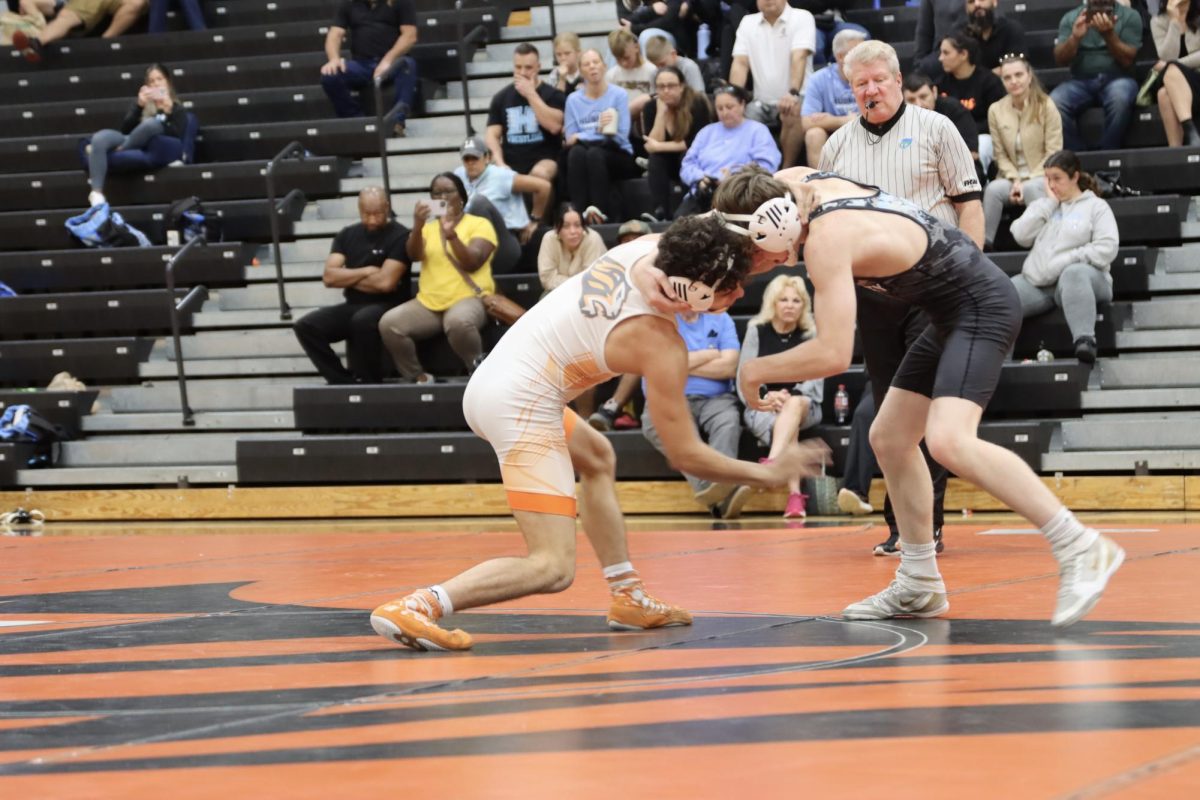
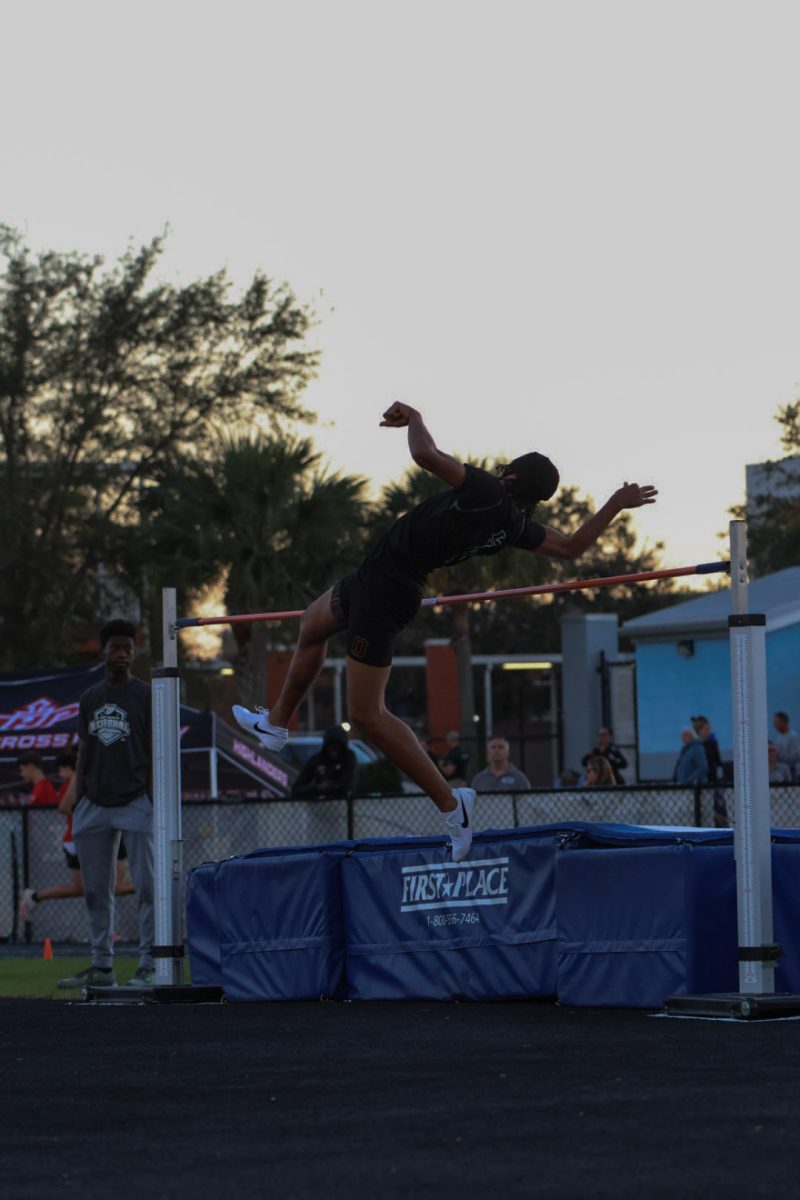







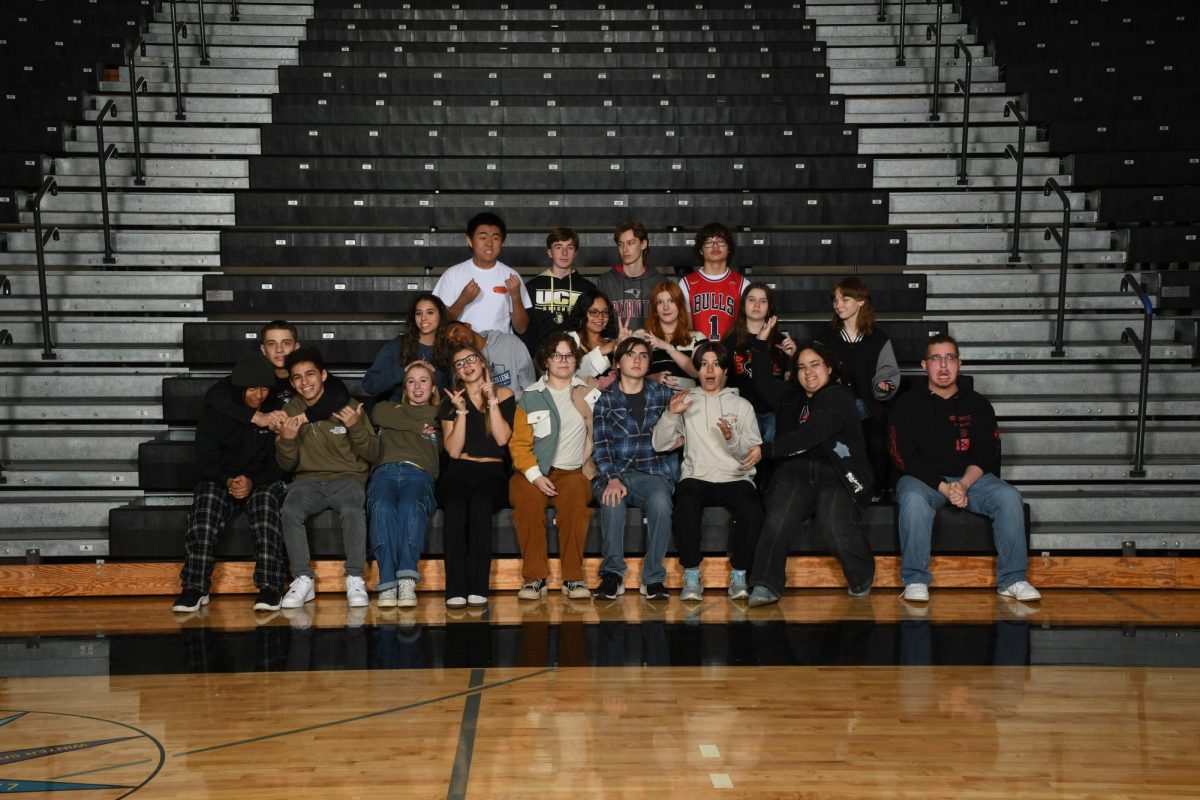
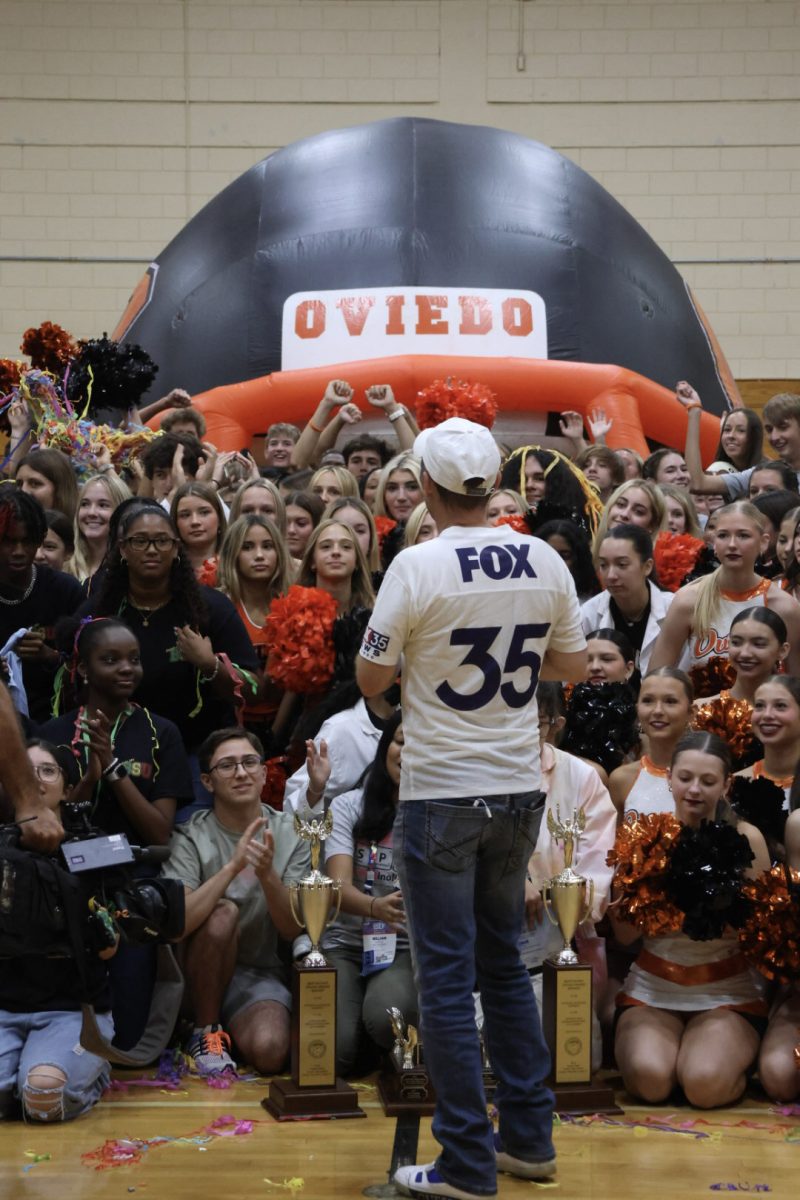
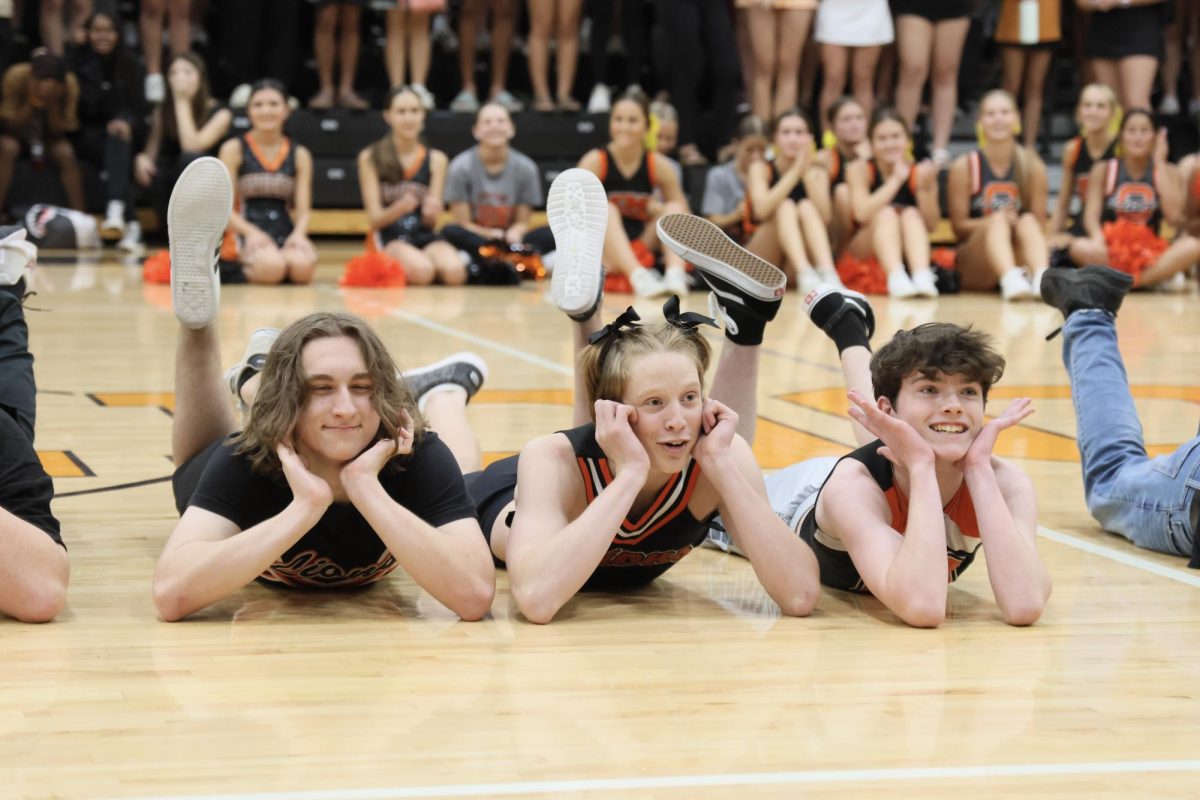












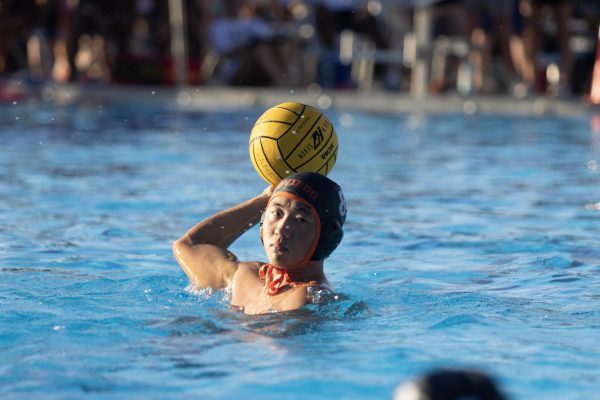

![Prom king Colin Napier and queen Leah Hopkins dance the night away during the Golden Gala on April 26th. Prior to the prom, the Student Government must make many preparations over the course of months in order to ensure it goes off without a hitch. However, their work eventually pays off when it comes time for the dance. “We set up [the prom] the day before, and it’s horrible. We’re there for a very long time, and then we get our beauty sleep, and then we get ready for prom the next day,” Aubrie Sandifer said.](https://oviedojournalism.com/wp-content/uploads/2025/05/Oviedo-197-400x600.jpg)
![Hopkins at Honor Grad with golf coach John McKernan. As Hopkins’ golf coach for the last two years he has seen Hopkins’ growth as a player and person along with their contributions to the team. “[Hopkins] has just been really helpful since I took [the golf team] over, just anything I wanted to do I ran by [Hopkins],” said McKernan.](https://oviedojournalism.com/wp-content/uploads/2025/05/B66A7760-400x600.jpg)
